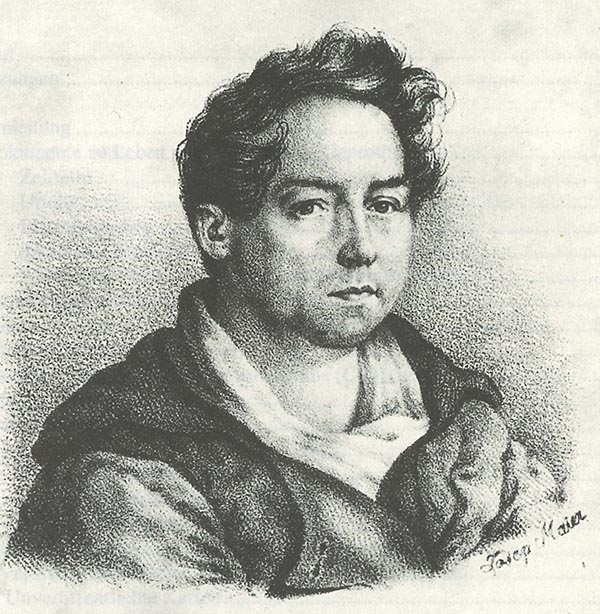Heinrich Julius Klaproth (October 11, 1783 - August 28, 1835), also as von Klaproth, was a German linguist and Orientalist who helped develop the academic field of East Asian Studies. Born in Berlin to a father who discovered four elements including uranium, Klaproth was drawn to the study of Asian languages from a young age and had already published a book on the topic by 1802. He briefly undertook studies at the newly-established Oriental Academy in Vilnius before moving on to the Imperial Academy of Sciences in St. Petersburg, where he would have opportunities to learn about the peoples and languages of Russia's expanding empire in the Caucasus and Central Asia. He joined Count Yury Golovkin's abortive 1805 mission to the Qing Court and undertook travels to Siberia, the Caucasus, and elsewhere to gain first-hand knowledge of these cultures. In 1807, he was granted noble status by the Tsar, explaining why his surname sometimes is preceded by 'von.' In 1812, he returned to Berlin and in 1815 moved to Paris, where he was allowed to remain while gaining a title and salary from the King of Prussia for continuing his work on Asian languages and literature. Klaproth lived in Paris for the rest of his life, publishing frequently and helping to found the Société asiatique. He published some 300 works during his life, including an 1812 work on the Uyghur language which advocated the now-standard interpretation that Uyghur is a Turkic language. In his later years, he increasingly focused on Japanese studies. Working with such a wide range of topics and languages meant that Klaproth sacrificed depth for breadth, leading many of his works to later be rejected or superseded by specialists. Nevertheless, he remains one of the key Orientalist scholars of the early 19th century and a pioneer in the study of Asian languages and cultures in the West.


